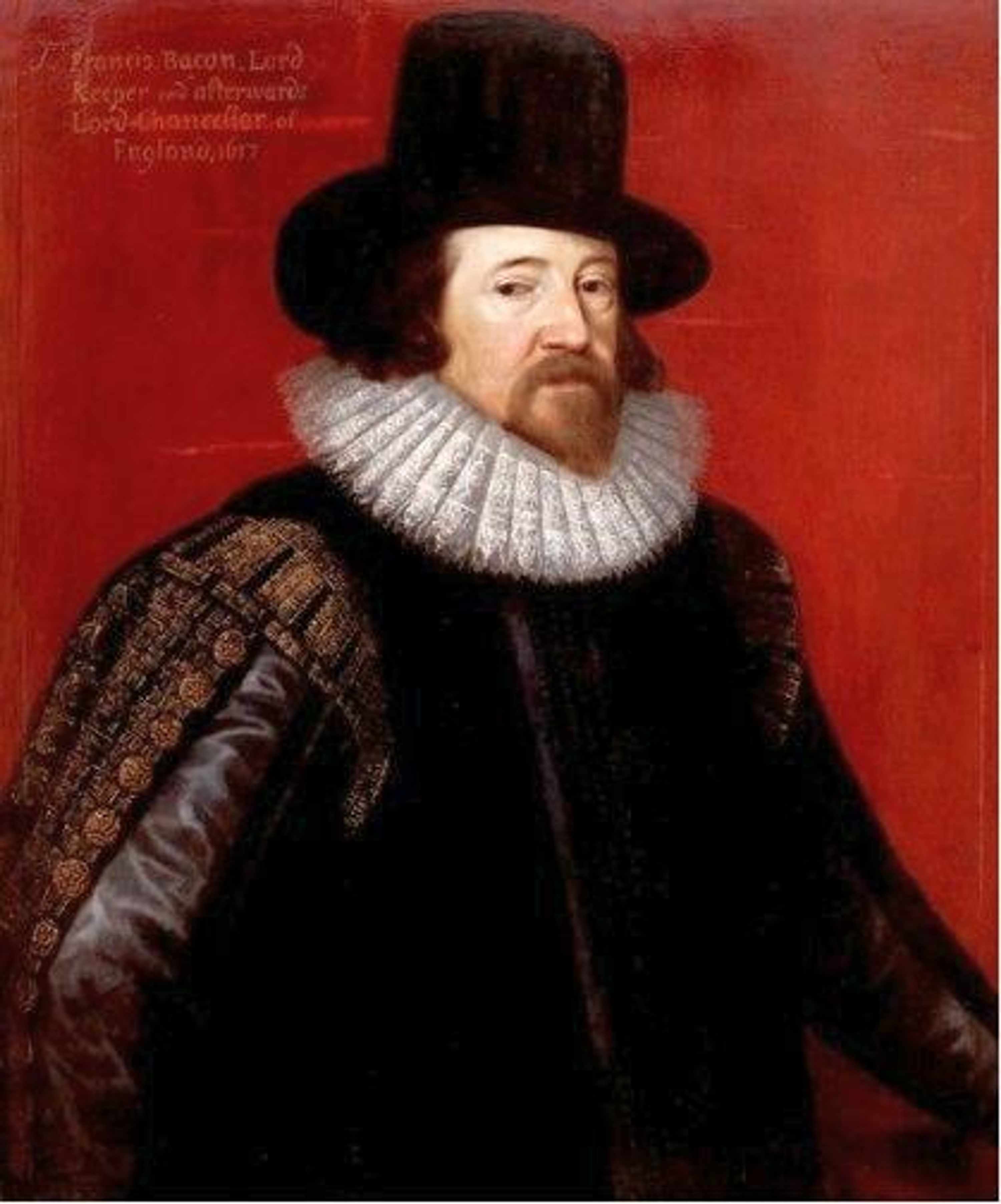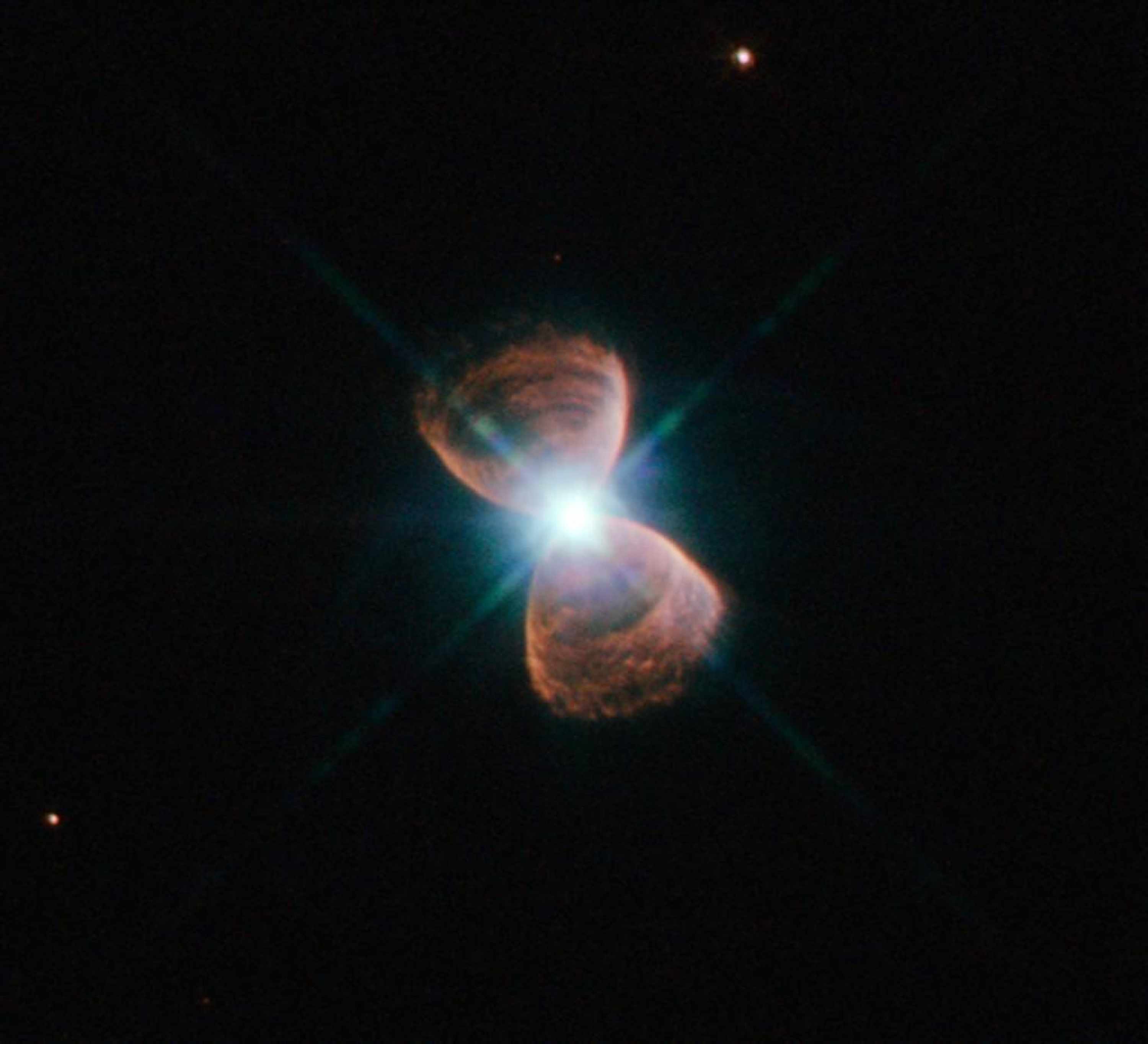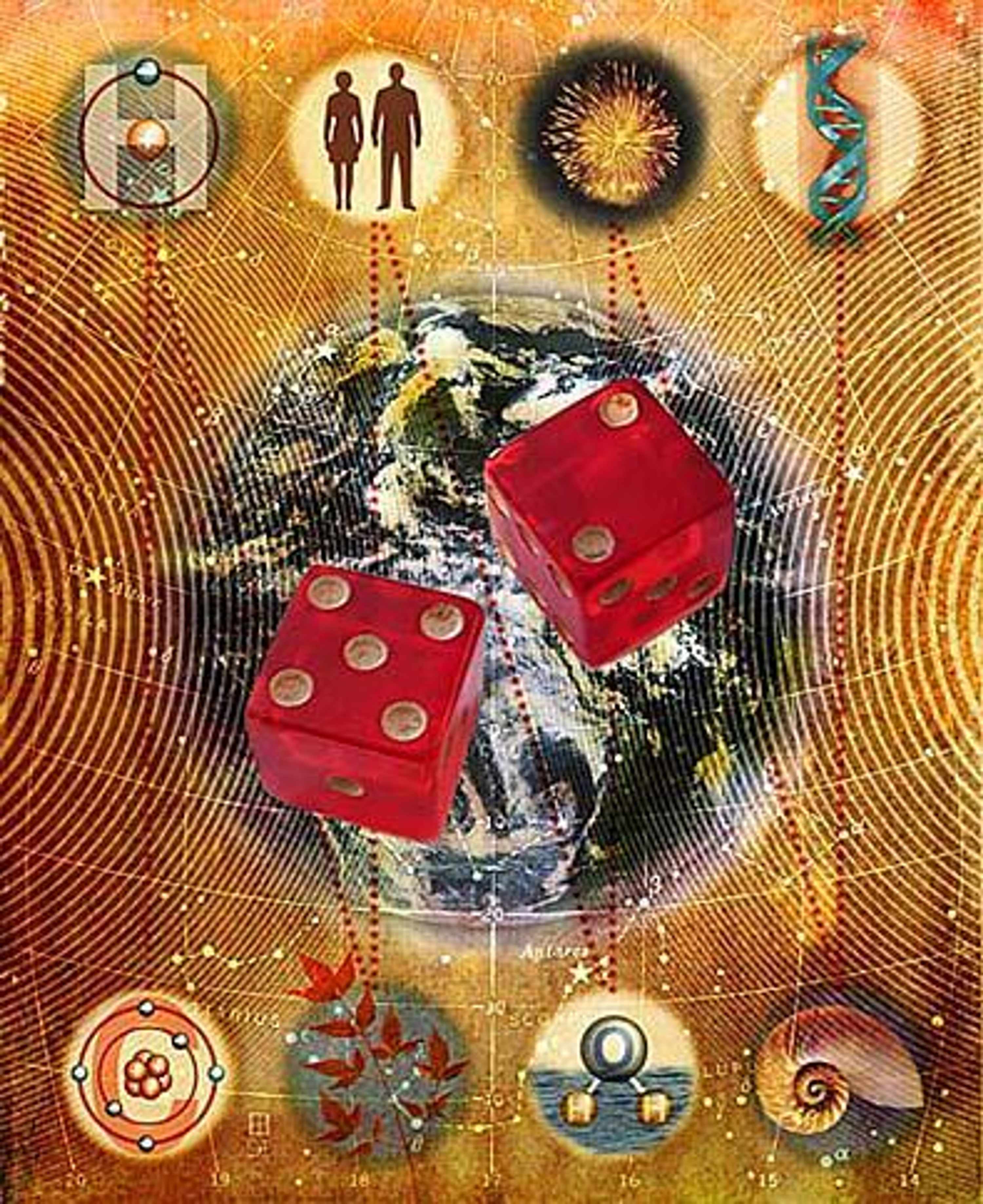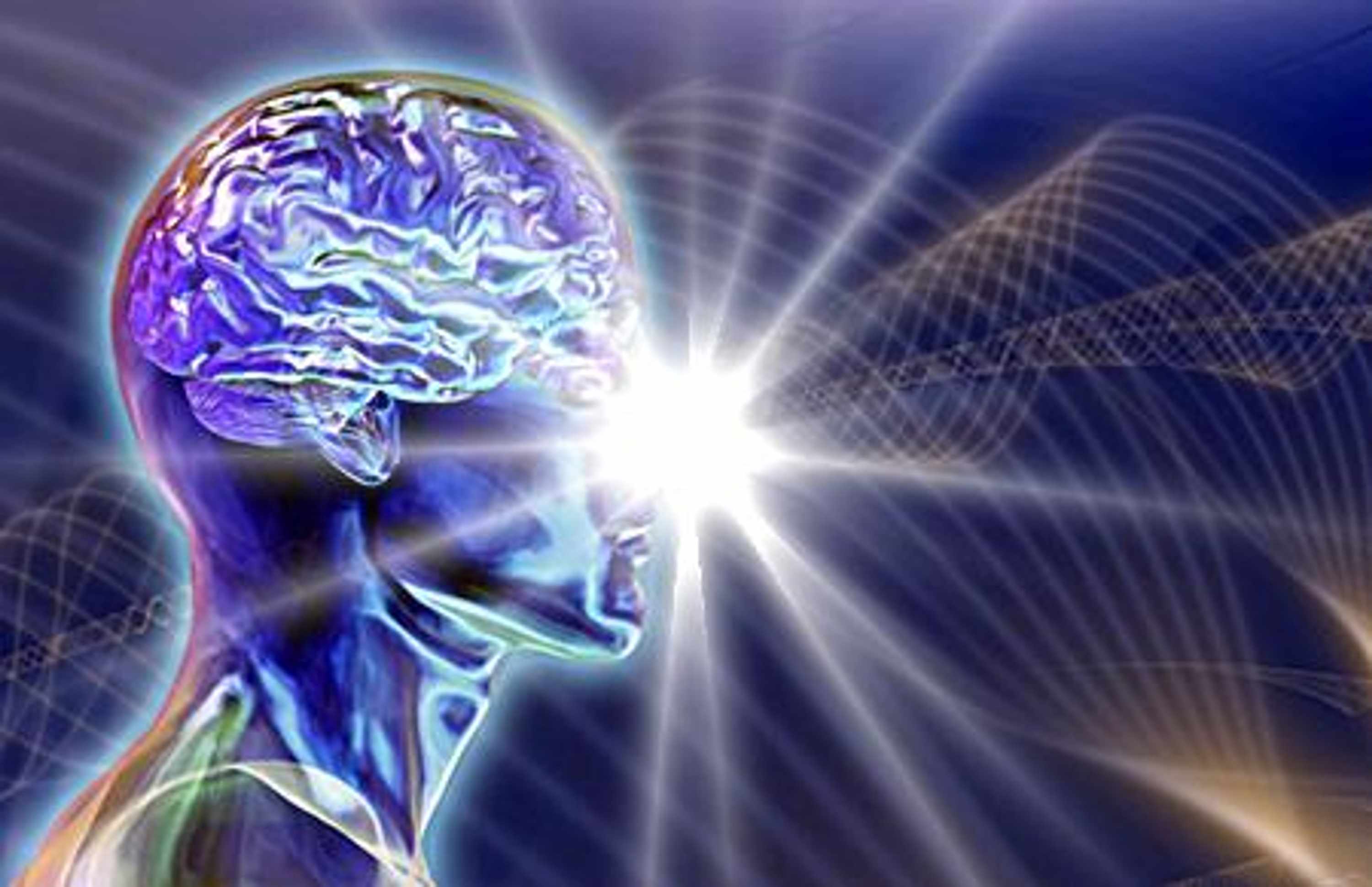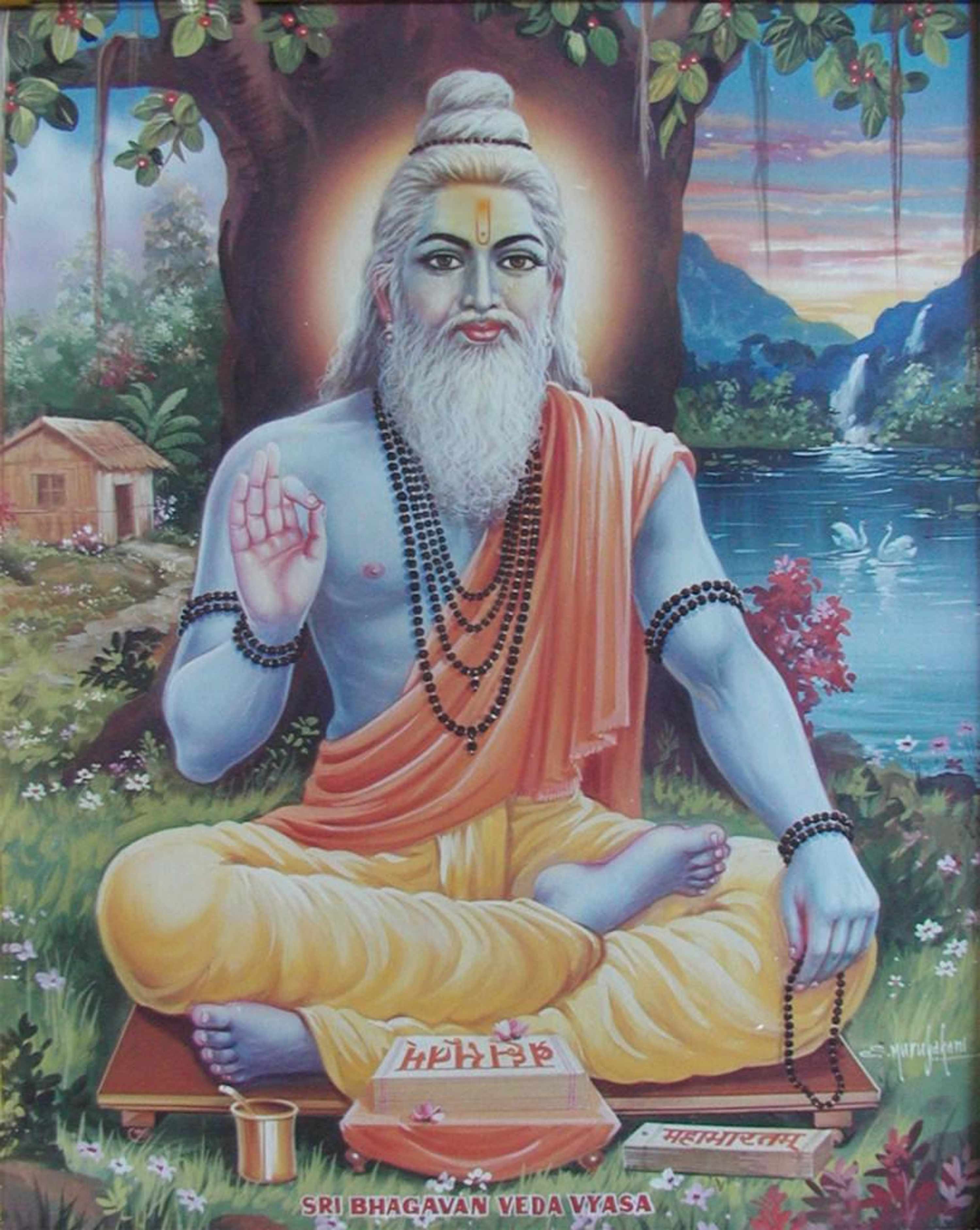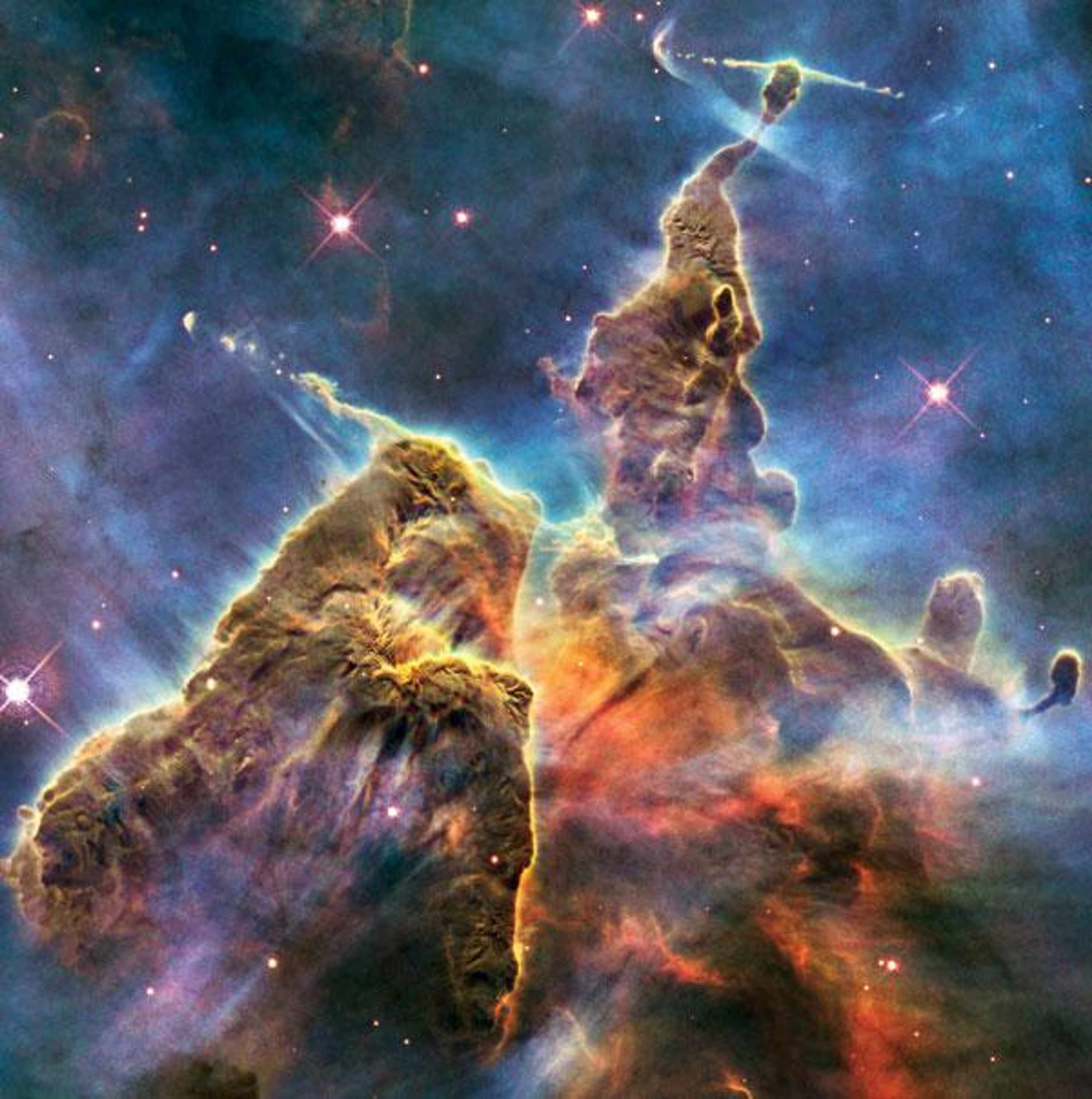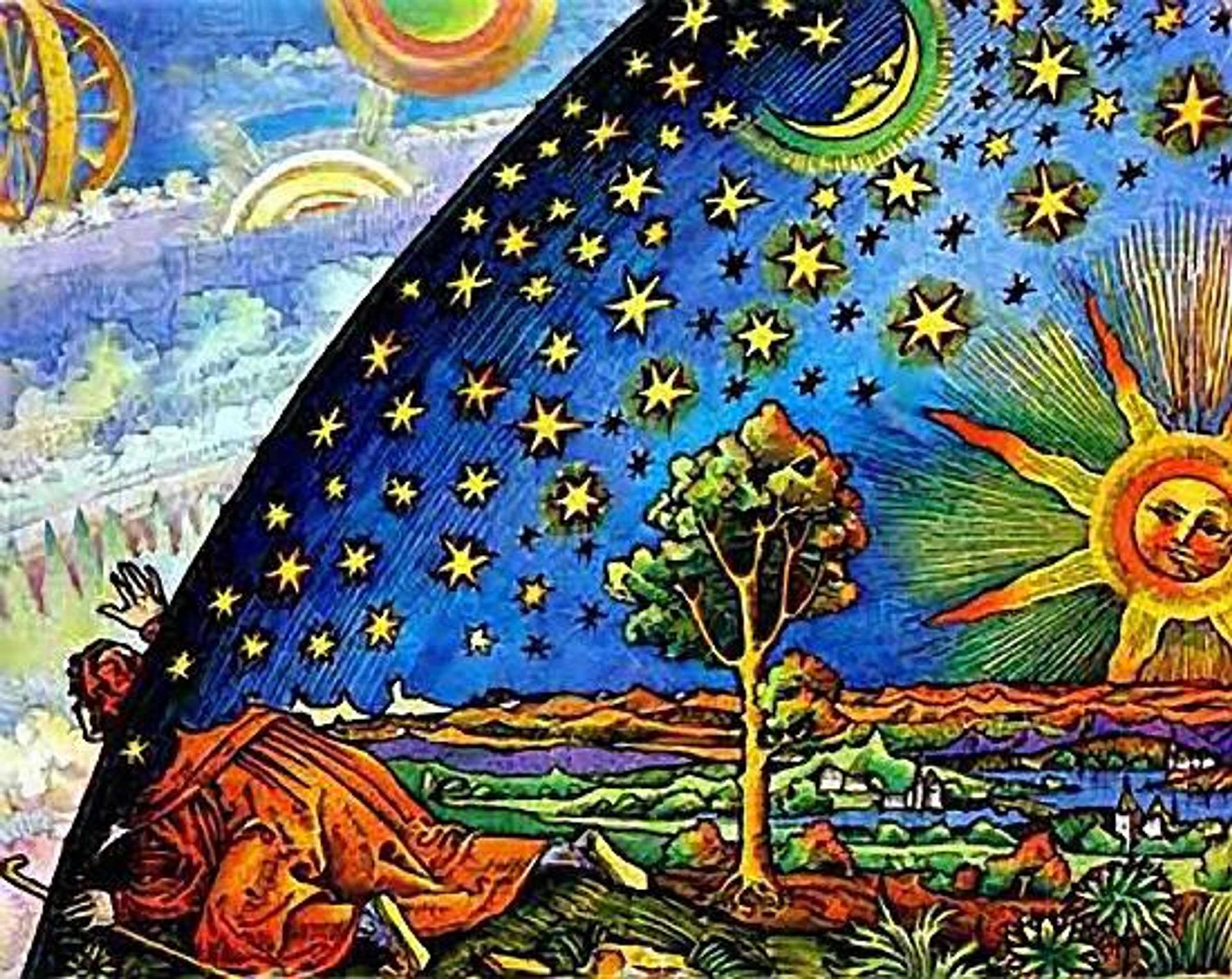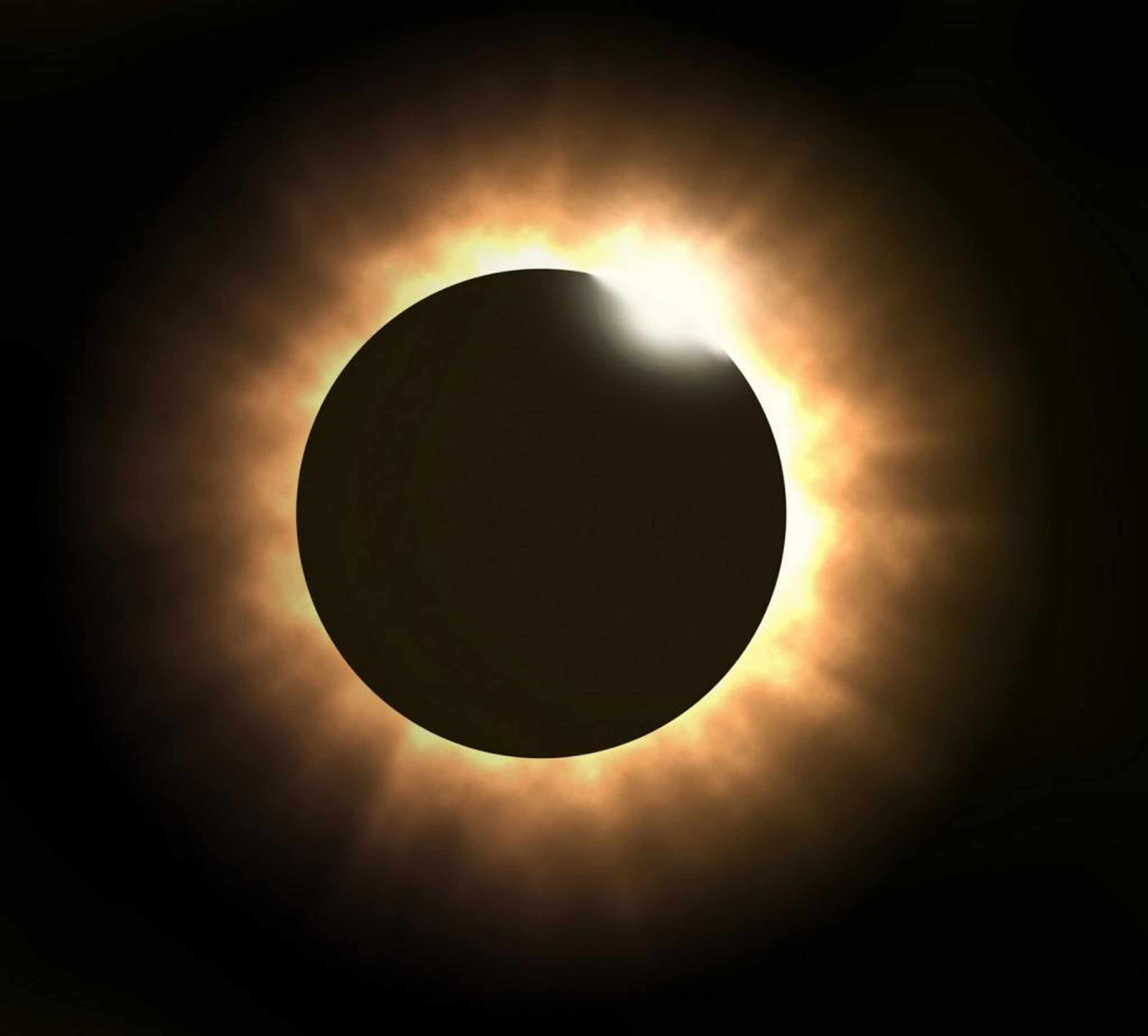You are, most likely, considerably more than you think you are
You are, most likely, considerably more than you think you are
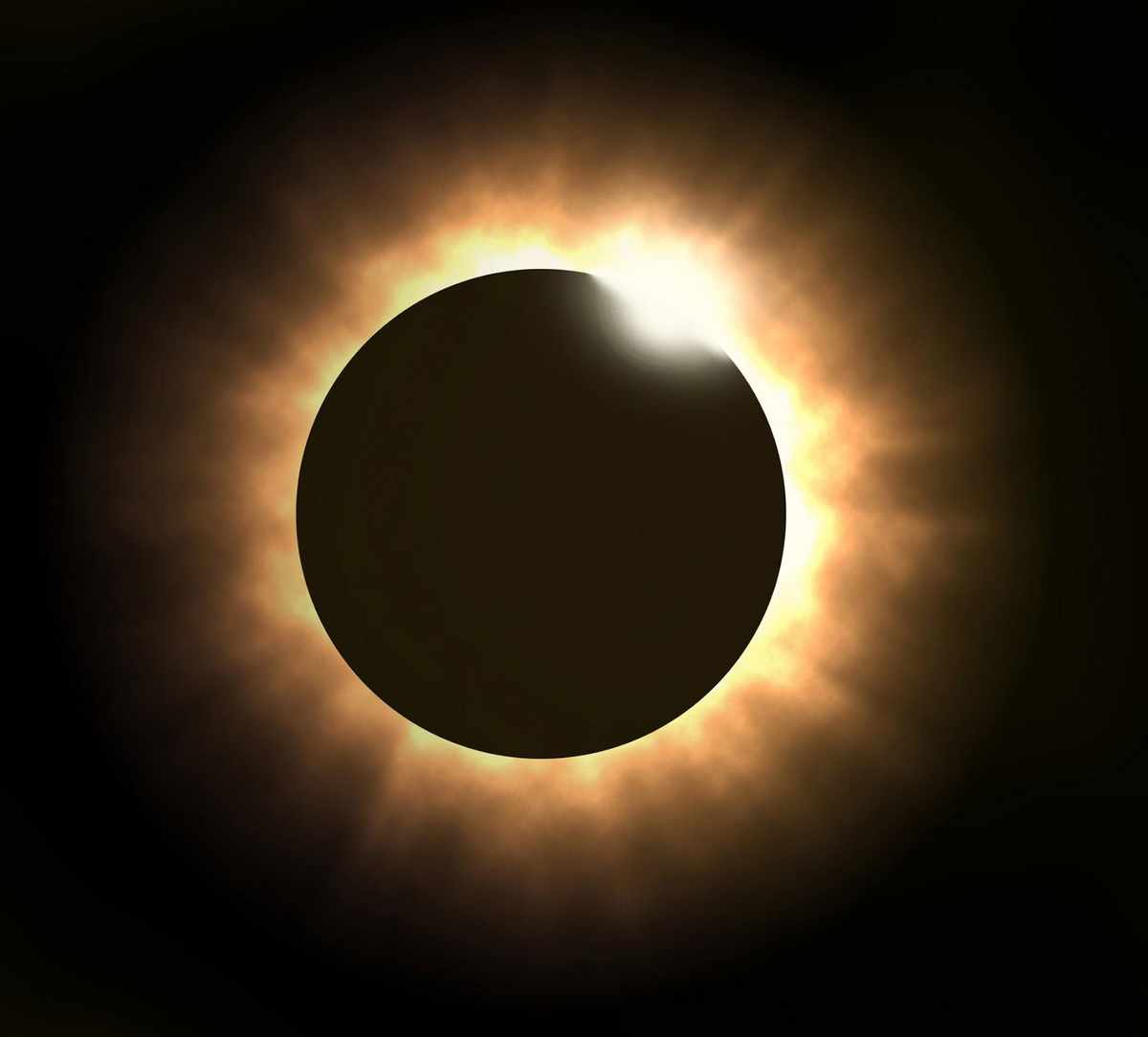
The scientific worldview that dominates the contemporary consensus understanding of reality is actually a limited and narrow perspective which may undermine efforts to progress the human condition. The majority of scientists who define contemporary reality have done so by dividing things up into constituent parts; atoms, photons, forces and DNA are seen as paramount because they are fundamental. When these elements are cast into complexity in the evolutionary crucible we describe as “now,” novel higher order functions emerge. One of them, our engorged monkey-minds, beholds the universe and ascribes meaning; describing reality with: myths, deities and destiny. Before science, these stories were reality.
Occam's razor is a principle of logical parsimony applied by scientists requiring the simplest possible explanations. This tends us towards reductionism, and to the delight of Dawkins and other fundamentalists, cleanses the metaphysical from our perception. Dawkin’s highly influential and contagious concept of “selfish genes” is piss in our punch. He argues that any good we might do in the world is a bi-product of microscopic genes propagating: “we are survival machines – robot vehicles blindly programmed to preserve the selfish molecules known as genes.”
Apparently, our hopes and dreams are merely collateral damage in an unseen war we can never win. In this interpretation of reality there is no place for purpose, destiny, god or teleology. This type of science evaporates sentimentality and requires the bleakest of outlooks in its practitioners. We are not progressing to anything, we have no purpose - the universe is random, void of meaning and our inevitable fate is a cold eternal death. Has the application of this logic gone too far? Aside from depressing legions of humans and lowering our collective aspirations the approach flies in the face of the universe we find ourselves in, should we allow ourselves a broader outlook.
The universe cannot be understood divided - we must contemplate the whole and when we do we see that it, literally, gravitates towards complexity. Since the big bang it has evolved outwards, cooled and, thanks to the uniquely odd properties of gravity, coalesced into suns that have spewed out complex elements and planets that have spawned life. We sit on ours and ponder a paradox; the scientific method describes much of reality, but not all of it. Crucially, it fails to explain consciousness or why anything should evolve to give a damn about any of this. Science explains how things work but not why.
Life has evolved on planet earth because an extraordinarily large number of variables are just right (The Goldilocks Principle) these include the: size of the planet, distance from the sun, combination of elements, strength of magnetic field and distance from the centre of the universe. Delve deeper and it occurs to us that it is not just our planet but the entire universe that is “fine-tuned” for life - an array of physical constants determining what our universe is like are also just right. As Stephen Hawking notes, "The laws of science, as we know them at present, contain many fundamental numbers, like the size of the electric charge of the electron and the ratio of the masses of the proton and the electron. ... The remarkable fact is that the values of these numbers seem to have been very finely adjusted to make possible the development of life."
We arrive at the seemingly tautological Anthropic Principle. Of course, conscious beings ponder their existence in a universe fine-tuned for conscious life - where else are they going to do it!? But why should we leave it there? The fact remains that standard physics and chemistry describe a mechanistic and random universe in which the Second Law of Thermodynamics hangs over human destiny as an all-consuming Sword of Damaclese and yet life defies the bleak back drop of inevitable thermal death, growing, evolving, laughing, loving and fucking; filling the universe with its weirdness and channeling consciousness that ponders the ineffable.
As soon as we abandon radical reductionism more interesting interpretations of reality become available to us. One resolution of “anthropic coincidences” is the Multiverse - that there any many universes and ours is the one just right for life. Physicist Michio Kaku sees evolutionary potential here and interestingly draws on religious terms in his book Parallel Worlds: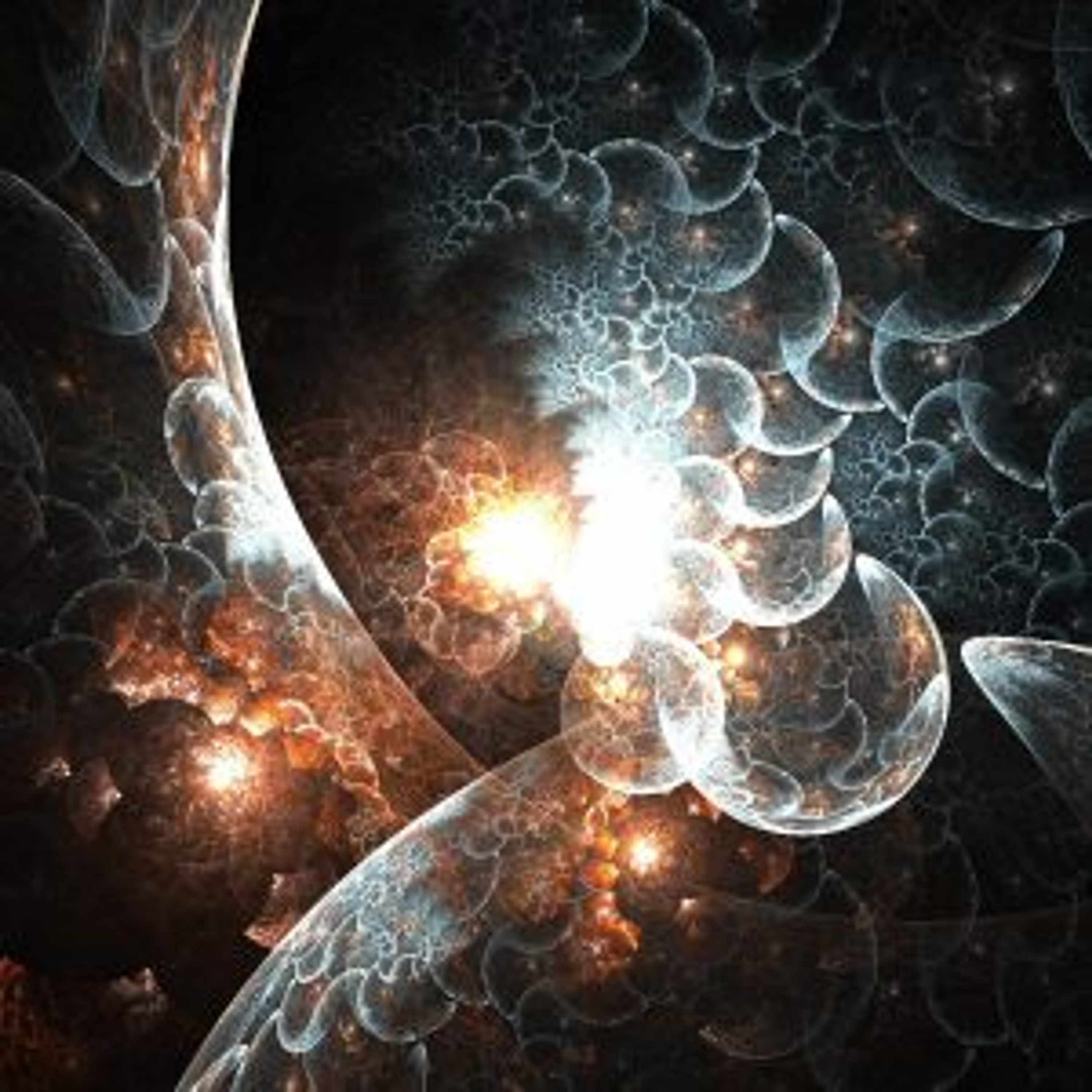
"...entire universes continually sprout or "bud" off other universes. If true, it would unify two of the great religious mythologies, Genesis and Nirvana. Genesis would take place continually within the fabric of timeless Nirvana". Anthropic coincidences are also used by proponents of intelligent design as proof of god. Of course, our universe could have been created by an extra-universal alien we may prefer not to refer to as god. This brings us no closer to any solutions though, because, then we puzzle over what made the alien. Might there be a theory integral to our universe that could explain its genesis and evolution? Perhaps the answer is to put the chicken before the egg?
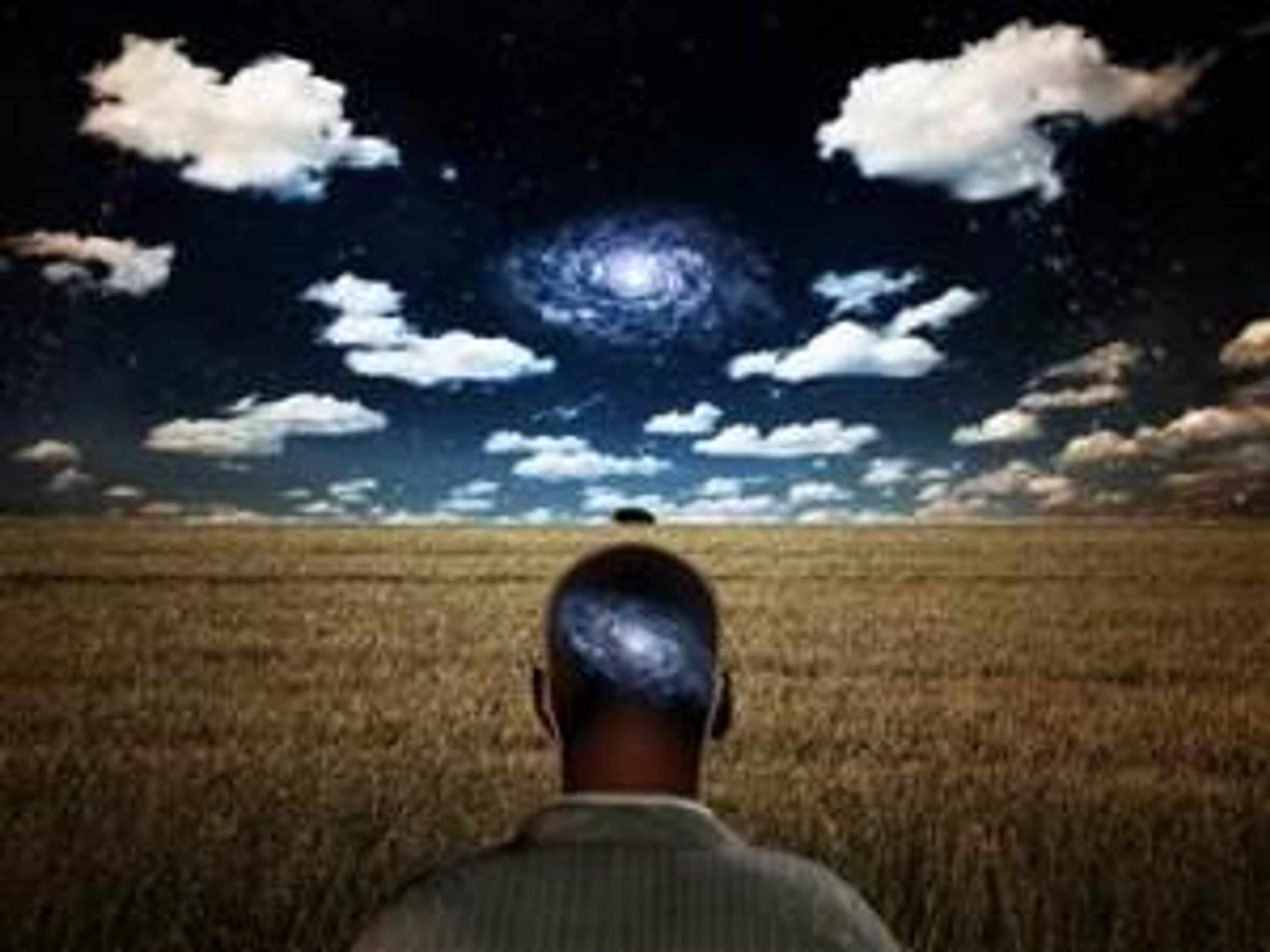
Biocentrism is a theory from Robert Lanza, a scientist in the fields of regenerative medicine and biology, which states that life and biology are central to being, reality, and the cosmos — life creates the universe rather than the other way around. He writes:
“The universe bursts into existence from life, not the other way around as we have been taught. For each life there is a universe, its own universe. We generate spheres of reality, individual bubbles of existence. Our planet is comprised of billions of spheres of reality, generated by each individual human and perhaps even by each animal.”
Without a conscious observer, reality is nothing more than probabilistic quantum events. Particle physicists tell us that matter is more than 99.9% empty space; it is consciousness that constructs reality. The answer to the question “if a tree falls in a wood and there is no one there to hear it does it make a sound” is definitely “no” for sound is something animal minds construct on receiving a neural signal from a sensory organ that can detect wave compressions in air.
Lanza’s new biological theory is analogous to the Perennial Philosophy whereby mystics across religious divides have proposed consciousness as primary. Aldous Huxley writes in his famous book of the same name: “[…] the metaphysic that recognises a divine Reality substantial to the world of things and lives and minds; the psychology that finds in the soul something similar to, or even identical to, divine Reality; the ethic that places man's final end in the knowledge of the immanent and transcendent Ground of all being; the thing is immemorial and universal. Rudiments of the perennial philosophy may be found among the traditional lore of primitive peoples in every region of the world, and in its fully developed forms it has a place in every one of the higher religions.”
So if the mystics are right, an eternal consciousness, that which we might call: Tao, Allah, Buddha, Brahman, Yahweh or just God has brought forth a physical universe in which life will manifest, evolve, channel consciousness and awaken. A weirdly satisfying answer to the question “why would god do this is” - is simply, “why not?” A better answer is available but not with words - “The Tao that can be spoken is not the eternal Tao.”
Jesus is recorded as having said: “be still, and know that I am God.” He most likely meant all of us because that is the perennial philosophy. The great secret shared by our greatest sages is that all of us can directly experience the divine and realise that we are inseparable from it. A Grand Pronouncement in Vendanta says the same thing - “Tat Tvam Asi” - “Thou Art That.” The consciousness inside each of us is universal consciousness. Each of us could potentially understand the mind of god because each of us is the mind of god.
Perhaps in blissed out moments in nature, surfing, making love or lying still you have felt it? The joy of existence, when it descends on us, needs no rationale. Life is god’s way of experiencing physical existence. Extrapolating from Lanza, life could also be the engine driving the genesis and evolution of the universe. It might work like this - billions of years from now life could evolve into something utterly unrecognisable, capable of harnessing the energy of many millions of solar systems in multiple galaxies with a processing power many billions of times that of our minds. The dreams and thoughts of these beings would be literally intergalactic and yet their existence is still constrained by the thermodynamic boundaries of a universe that cannot exist in an active form forever.
As one by one the stars of this universe burn out, life will seek to continue. We can imagine these beings at the end of time refusing to go quietly into that dark night. With unfathomable technology they engineer a way to harness a wormhole to spawn a new universe. They cannot pass through physically intact but they can deliver a seed, a bundle of information containing dimensionless physical constants that will sprout a new universe in which their ancestors can spawn. Having released their seed they recede into the shadows of their dyeing universe knowing that life the universe and everything will continue its flourishing out of the infinite creative potential of the eternal void.
In the new universe that has budded off conditions will be just right for life after it cools off a bit. In several billion years some life form - perhaps quite different from a social, bipedal ape will stare up at the heavens through alien eyes and ponder their purpose; universes are eternally churned into being with life as the systemic anomaly driving change. Alan Watts, the great populariser of eastern mysticism writes: “We do not "come into" into this world; we come out of it, as leaves from a tree. As the ocean "waves," the universe "peoples." Every individual is an expression of the whole realm of nature, a unique action of the total universe. This fact is rarely, if ever, experienced by most individuals. Even those who know it to be true in theory do not sense or feel it, but continue to be aware of themselves as isolated "egos" inside bags of skin.”
So, each of us is the universe becoming itself. Our lives are a cosmic journey or blossoming in which we can live as if there are no miracles or as if everything is a miracle. We do not have to accept the contemporary denigration of life and consciousness. Like Blake said: “If the doors of perception were cleansed every thing would appear to man as it is, Infinite. For man has closed himself up, till he sees all things thro' narrow chinks of his cavern.”
Surely it is our fearful, nihilistic interpretation of existence that draws forth today’s calamities? Hungry Ghosts perpetually seek fulfillment in the material realm but are never sated. We carve up our planet to sell each other consumer goods under a mantra of “greed is good” pushing directly away from real fulfillment. Oscar Wilde wrote that “We are all in the gutter, but some of us are looking at the stars.” In choosing to see purpose and strive for progress we manifest a better world. In dark nights when the propaganda of a dark soulless universe has a hold on me I look up at the moon. It is exactly the right size and distance from the earth so that as it passes in front the sun it perfectly blocks out the light... no more... no less... just right.



